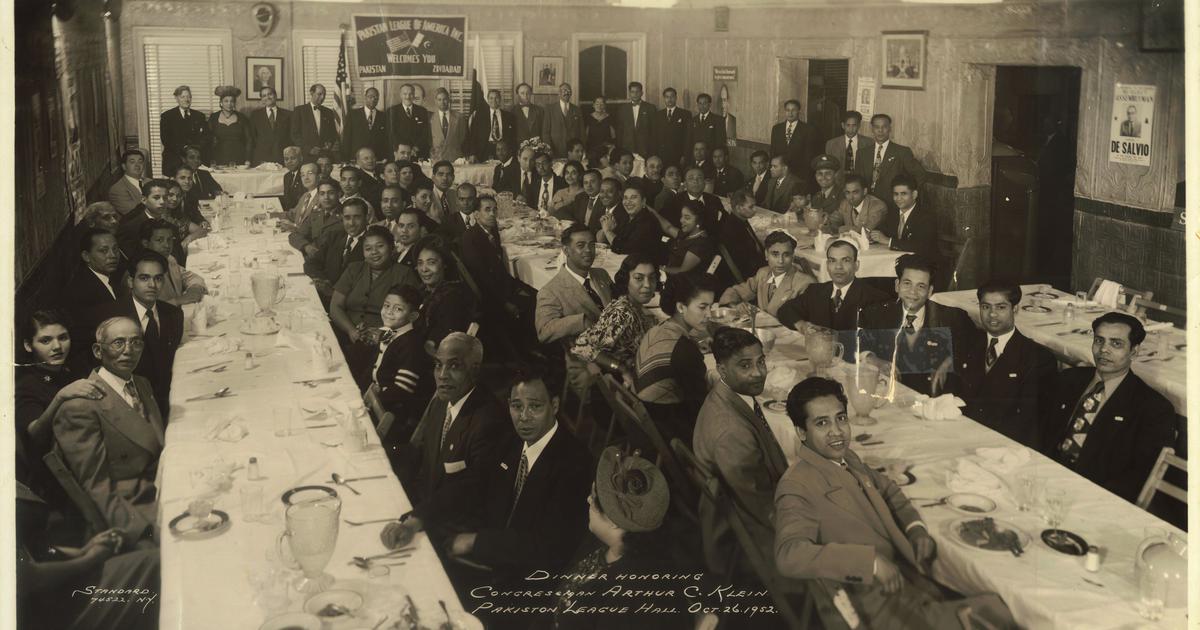How Bengali Harlem’s lost history challenges America’s immigration certainties

As immigration enforcement intensifies across the United States, Alaudin Ullah finds himself immersed in a history most Americans have never heard about.
The New York-based comedian-turned-actor and playwright has spent over 25 years documenting the forgotten story of his father and thousands of other Bengali Muslim seamen who jumped ship at American ports in the late 19th and early 20th century.
Facing exclusion laws similar to today’s deportation drives under President Donald Trump, these sailors embedded themselves in New York’s Black and Latino communities in Harlem, opened some of America’s first South Asian restaurants and rubbed shoulders with participants in radical political movements that would reshape the US.
What Ullah discovered challenged everything he thought he knew and formed a new conception of South Asian immigration to the United States: it placed Bengali Muslims from present-day Bangladesh and India’s West Bengal as the central protagonists in the narrative.
An unknown chapter
Ullah knew none of this history when he was growing up in an East Harlem housing project in the 1980s. Like many rebellious second-generation immigrants, he spent years rejecting his Bengali identity and distancing himself from the world of his father Habib Ullah. But in 1998, a decade after his father’s death, Ullah began sharing fragmented stories of his...
Read more
News